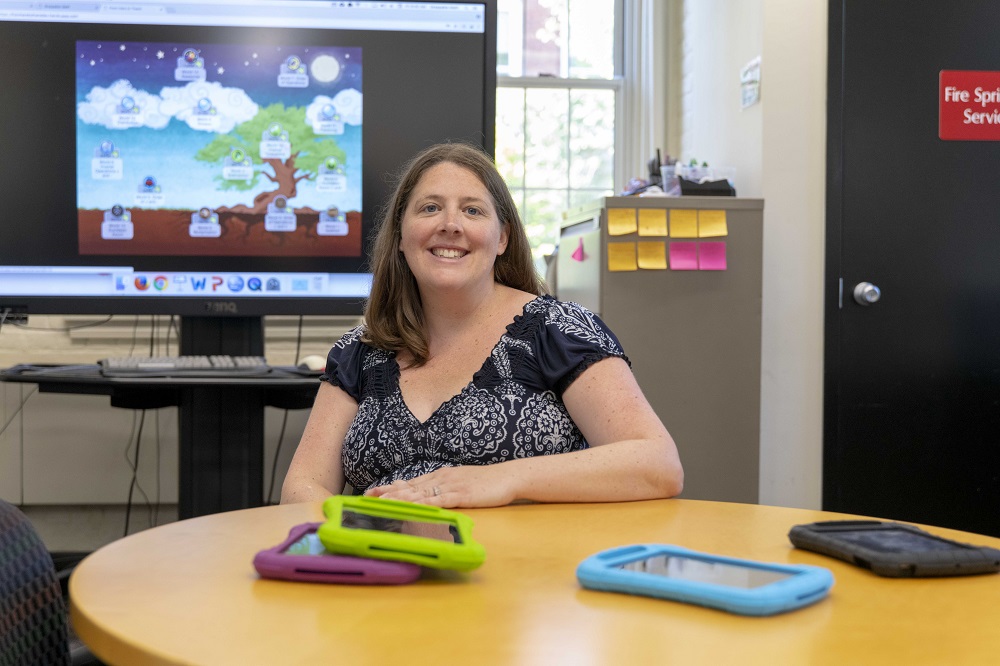Middle school students experienced pronounced setbacks in math during the height of the COVID-19 pandemic, and a potentially groundbreaking new study led by Worcester Polytechnic Institute will examine the lasting impact of those gaps on students now that they are in high school.
The study’s findings could inform national education policy and could bolster the argument that socioeconomic disparities that affect minoritized communities have played a role in exacerbating those gaps. Several major studies confirmed that American middle school students’ math achievement declined during the pandemic, but there has been less attention paid to how those students are faring in high school.
Ji-Eun Lee, a research scientist with the Department of Social Science and Policy Studies at WPI, is principal investigator on the study, which will be funded by a $50,000, 1-year “rapid research” grant from the Arizona State University’s Center for Reinventing Public Education (CRPE). CRPE received $9 million from the Walton Family Foundation last year to examine how American school systems responded to the pandemic.

Lee said the new study will analyze data on nearly a million students, which was collected before and during the pandemic through a nationwide testing program that assesses general math, geometry, and algebra skills. The study seeks to guide policymakers through contributing factors that led to a decline in middle school math achievement during the pandemic, and will examine the relationship between math performance, course taking, and longstanding, systemic issues that affect minoritized populations in the American education system.
“Those kids might have been moved from virtual learning to in-person learning too early, or they didn’t get adequate support at home, or there were accessibility issues,” Lee said. “It’s really complicated. Something’s going on, and it’s not just educational technology. It really gets tangled up with pre-pandemic disparities that existed.”
Erin Ottmar, an associate professor in the Department of Social Science and Policy Studies, and Megan Kuhfeld, senior research scientist at NWEA (formerly Northwest Evaluation Association), a K-12 assessment and research organization — a division of Houghton Mifflin Harcourt (HMH), are co-principal investigators.
Lee and Ottmar said the new study will look for evidence of continued rebounding in math achievement for high school students, and will look at how high school students’ algebra I and geometry course-taking and achievement levels during the pandemic compare to pre-COVID benchmarks.
The study will also look for evidence of different achievement patterns for minoritized students and students attending schools with high levels of poverty. Ottmar said it’s important to understand these students’ trajectories in the midst of a national debate over how early students need to be exposed to higher-level math like algebra I.

“You have these two populations, and there’s already disparities,” she said. “You can basically predict who’s not going to pass algebra 1 early on by their prior achievement. We know pandemic disparities disproportionately affected kids from marginalized populations, which probably means if they push kids even sooner into algebra 1, then the gaps are going to get bigger.”
Early exposure to algebra could lead to positive outcomes and solid preparation for college for many students. But introducing it too early to students who were already struggling with math could set them up for failure, Ottmar said.
Lee and Ottmar hope their nationally representative look at whether COVID-19-related math achievement gaps follow students through high school will add much-needed empirical data to national policy discussions on how to address U.S. students’ struggles.

